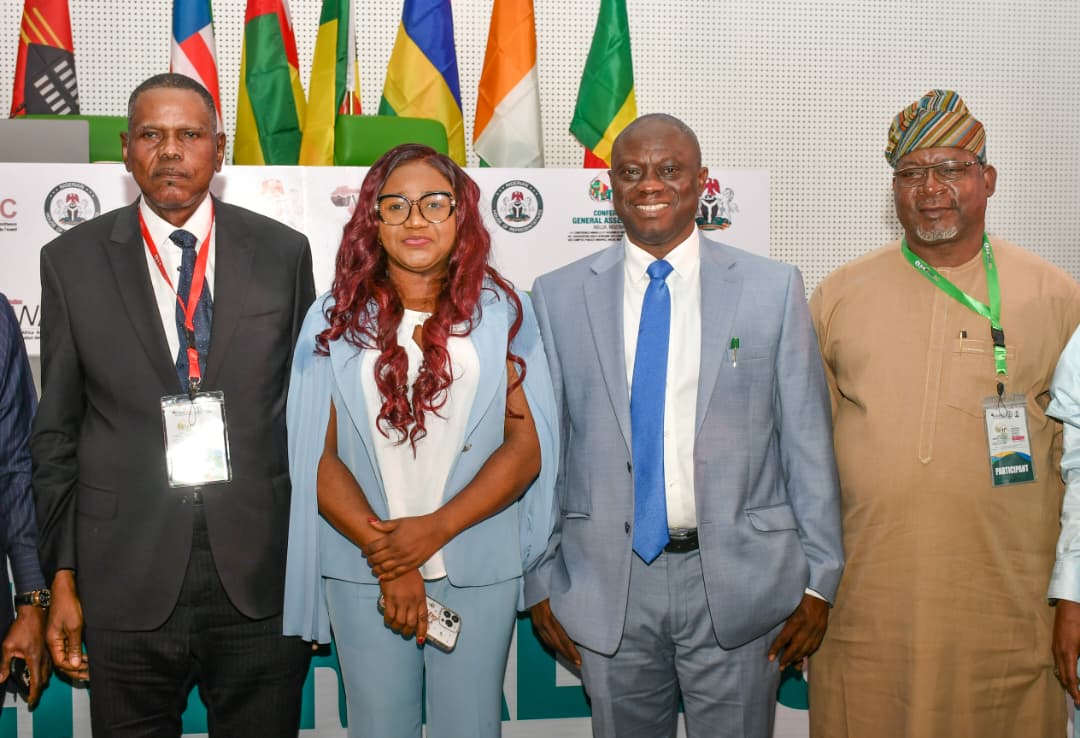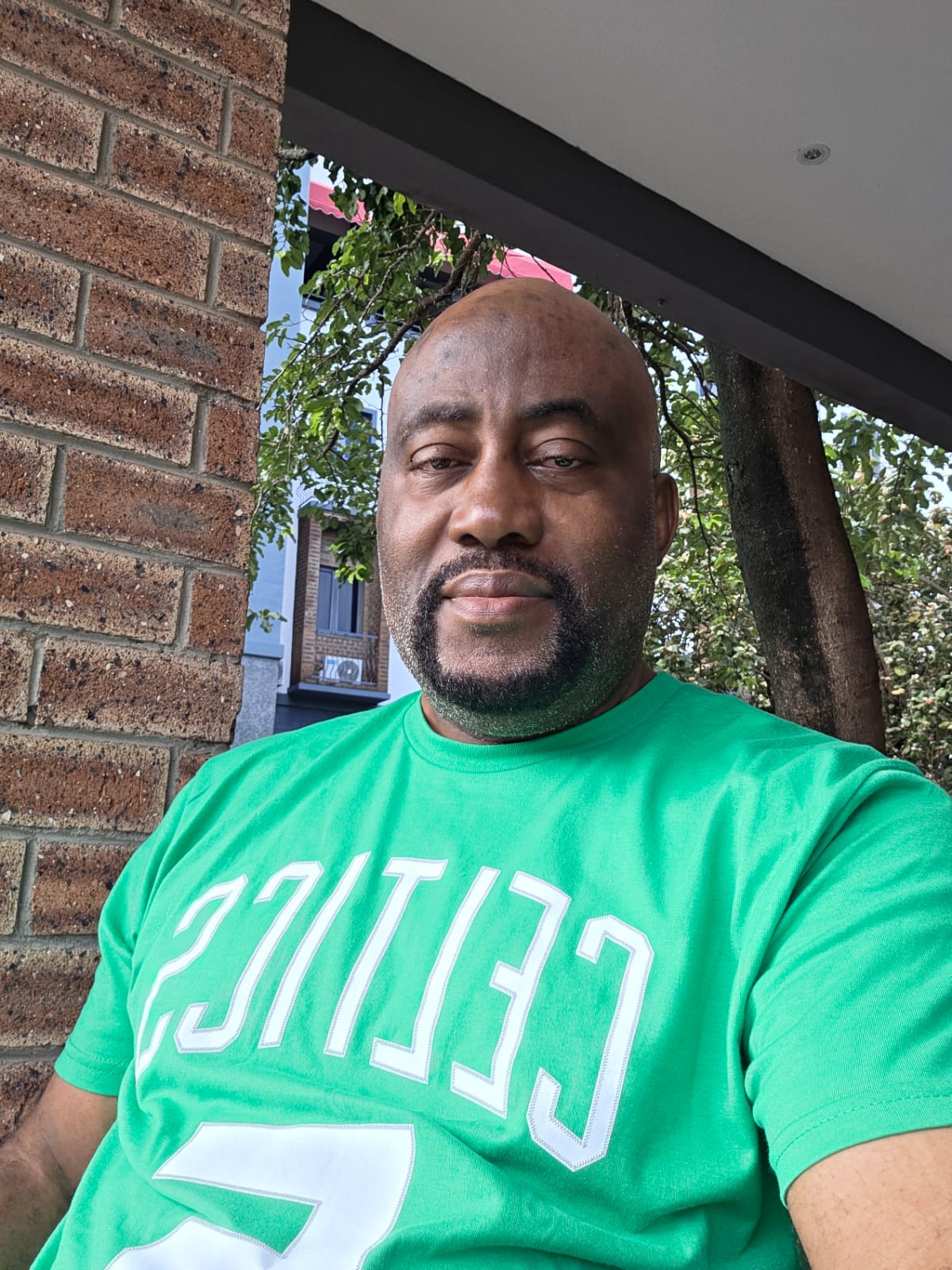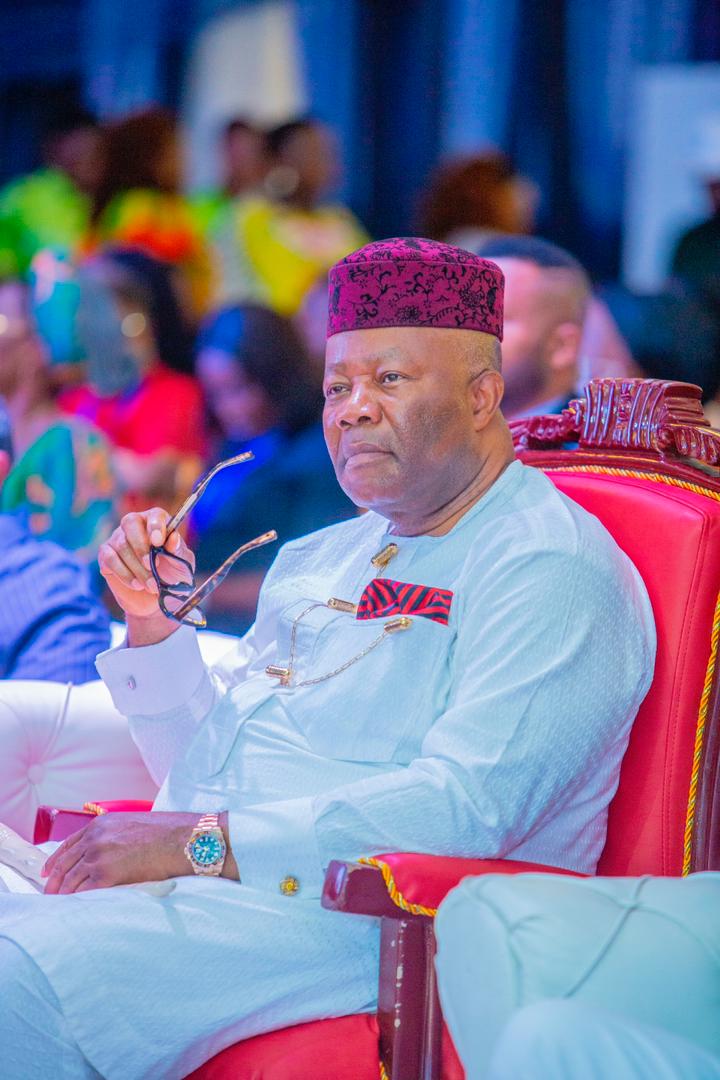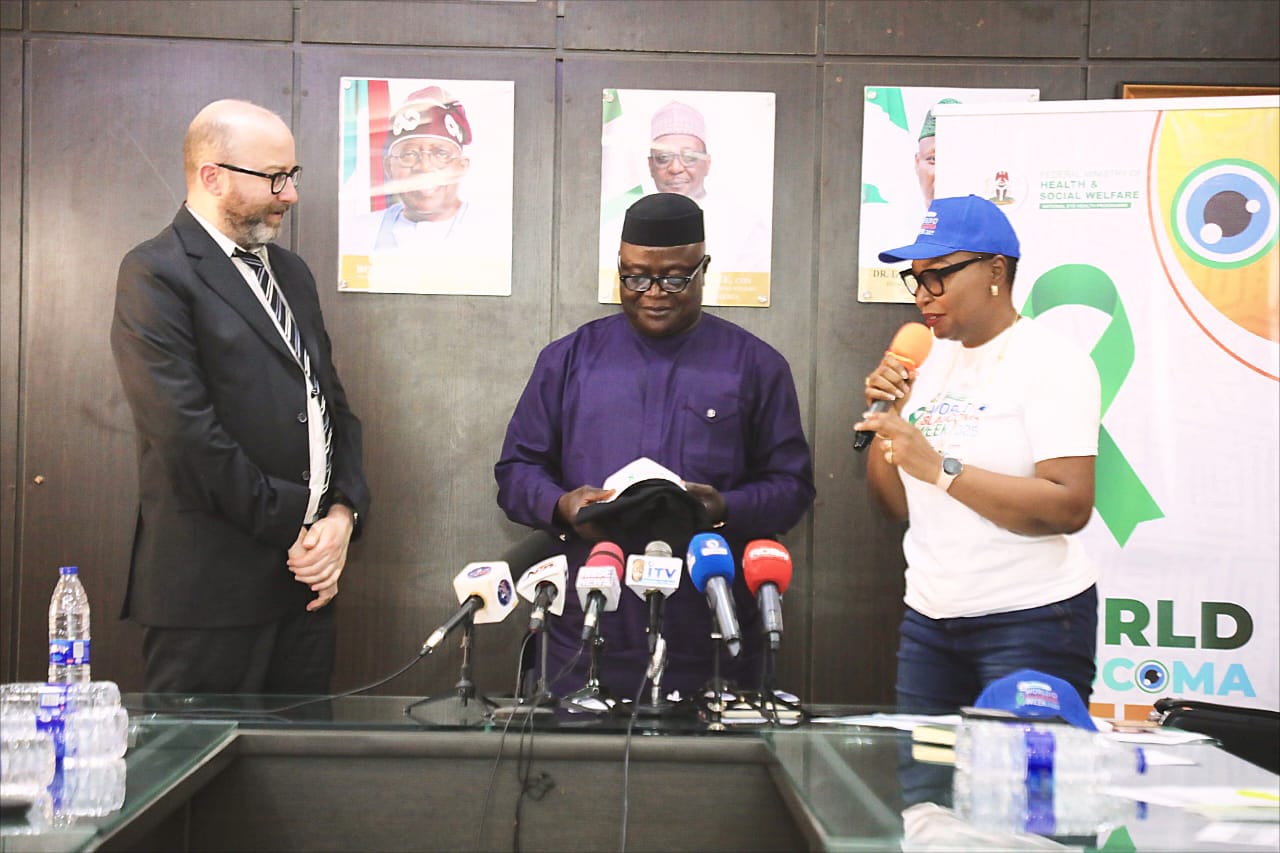NUJ FCT Chair Calls for Stronger Media–Parliament Synergy to Bolster Oversight of Public Debt

The Chairman of the Nigeria Union of Journalists (NUJ), Federal Capital Territory (FCT) Council, Comrade Grace Ike, has urged closer collaboration between the media, civil society organizations, and parliament to strengthen oversight of Nigeria’s rising public debt and enhance accountability.
Speaking at the 11th Annual Conference and General Assembly of the West Africa Association of Public Accounts Committees (WAAPAC), hosted by the House of Representatives Public Accounts Committee on Tuesday, Ike described the media as the “mirror of society” and a critical watchdog in holding public officials accountable.
She emphasized that without active journalistic engagement, the work of parliamentary committees such as the Public Accounts Committee (PAC) would have limited impact.
“The media acts as an intermediary between parliament, government institutions and the public. Public awareness is necessary, and how can we achieve this if not through information sharing and capacity building?” she asked.
Ike called for regular training and retraining of journalists to deepen their knowledge of audit processes, debt management, and legislative oversight. She proposed workshops, joint briefings with Supreme Audit Institutions (SAIs), and stronger partnerships with civil society groups to improve the quality and depth of reporting.
While commending PAC Chairman Hon. Bamidele Salam for engaging the media, she urged further steps—including comprehensive training for parliamentary correspondents before the end of the 10th Assembly—to boost technical knowledge on debt and accountability issues.
Highlighting the role of investigative and undercover journalism, Ike stressed that journalists must be equipped with resources and specialized training to expose corruption and mismanagement of public resources.
“Investigative journalism is not easy. It requires funding, time, and skills. We need to train journalists who can confidently carry out undercover reporting on public accounts and debt management. This will ensure we provide accurate information, not misinformation, at a time when fake news dominates social media,” she said.
She further urged SAIs and parliamentary committees to make audit reports more accessible, timely, and user-friendly to improve transparency. She also advocated joint sensitization campaigns by the media and CSOs to educate citizens on public debt and their right to demand accountability.
“Most people do not even know they have the right to demand accountability. It is the duty of the media to remind citizens of this right and to hold those in power to their promises,” she added.
Calling for reforms to strengthen parliamentary committees’ debt oversight functions, Ike argued that the media must not only report but also amplify successes and challenges to drive civic engagement and pressure for change.
She further said that effective debt oversight is a shared responsibility, adding:
READ ALSO: CITM Urges ICAN to Embrace Collaboration, Rejects “Divisive” Remarks on Professional Bodies
NEPC equips entrepreneurs with export skills at Lagos Mainland Trade Fair
“One thing is to write reports and pass resolutions. Another is implementation. As gatekeepers of information, the media stands ready to work with all stakeholders to ensure citizens are empowered, public resources are protected, and sustainable development is achieved.”
Ike expressed optimism that sustained synergy between the PAC and the press would deepen transparency and keep Nigerians better informed about how public debt is managed.





